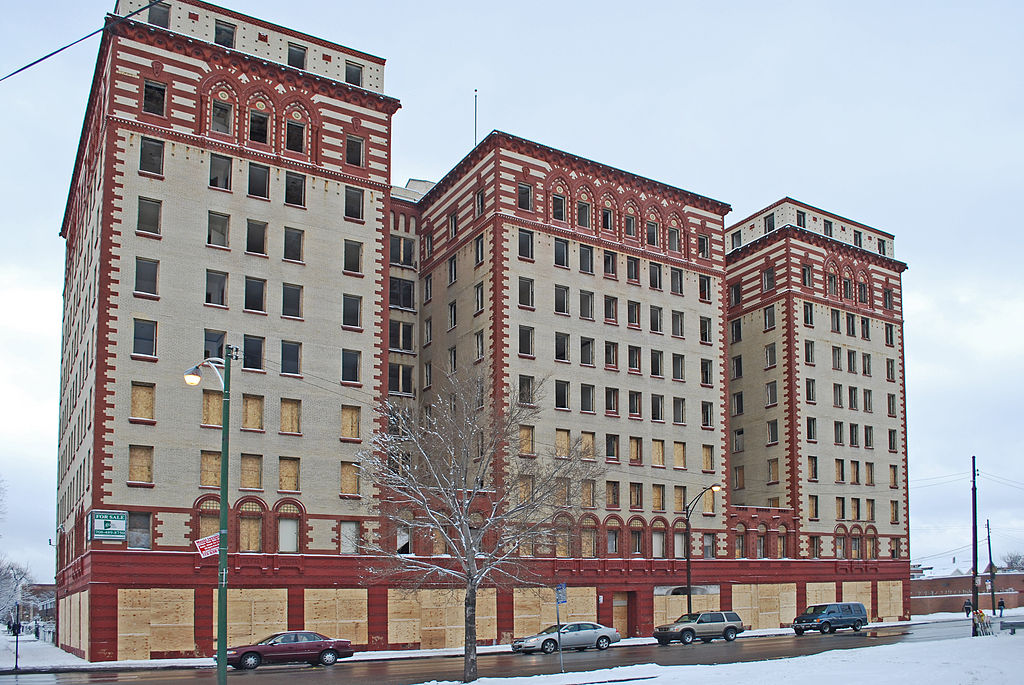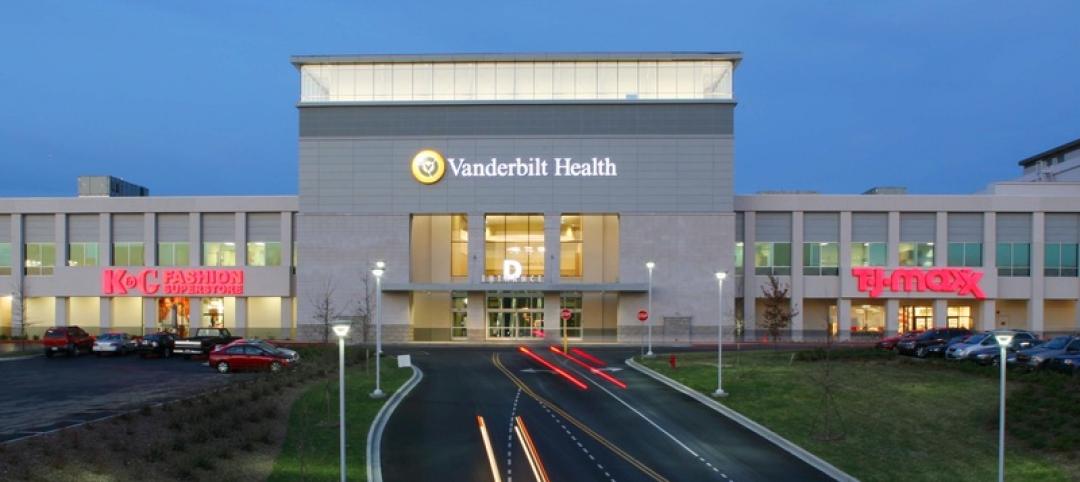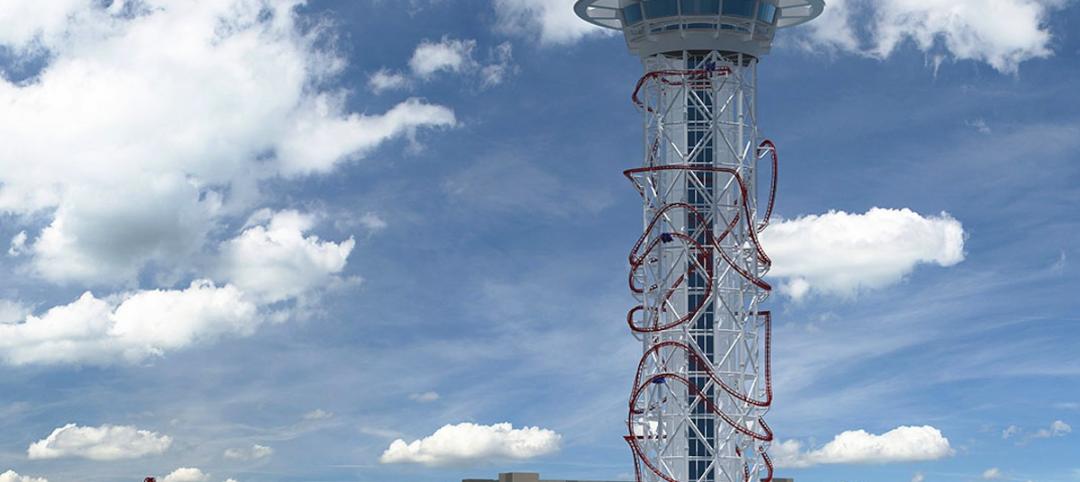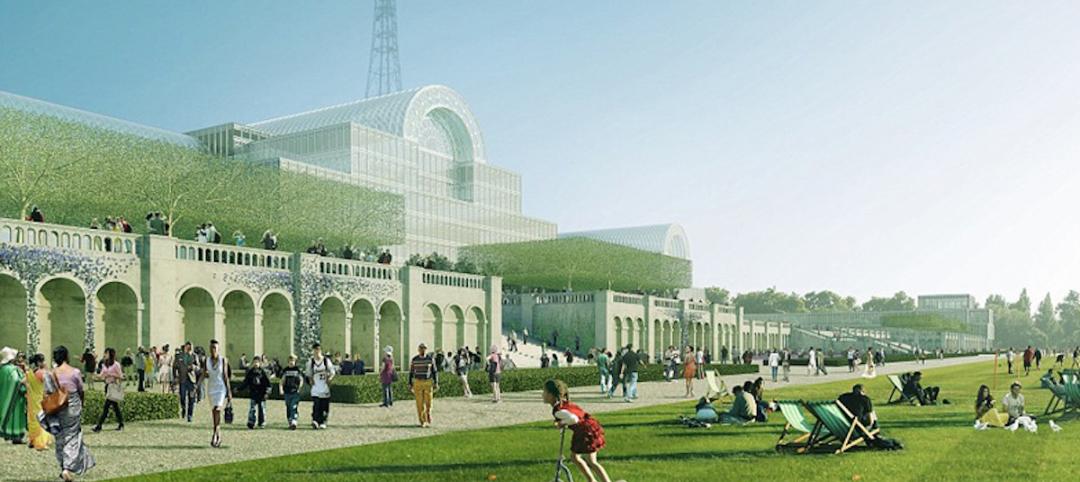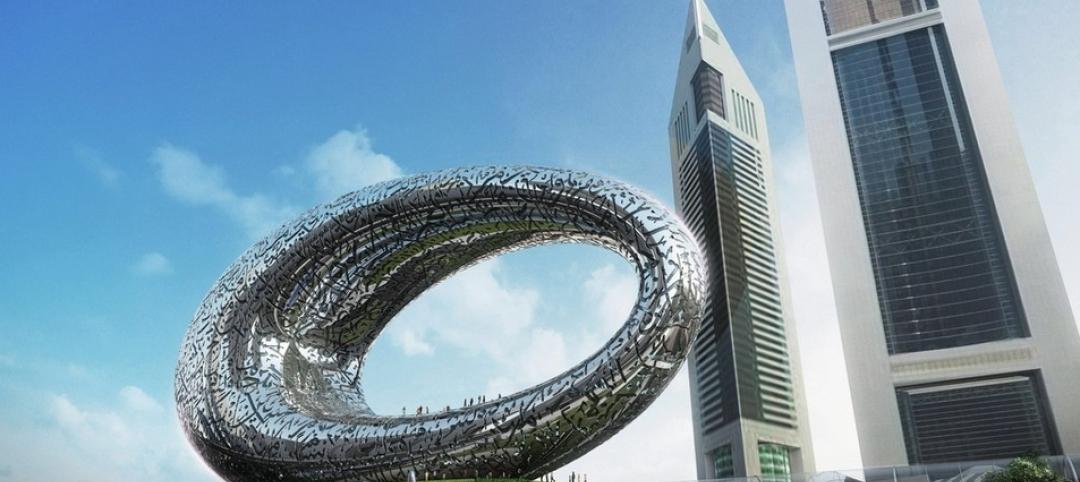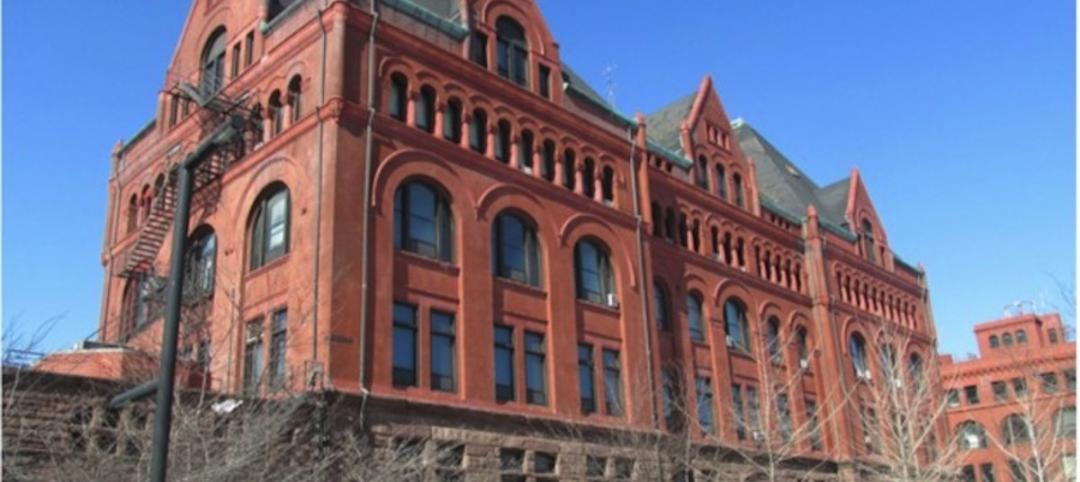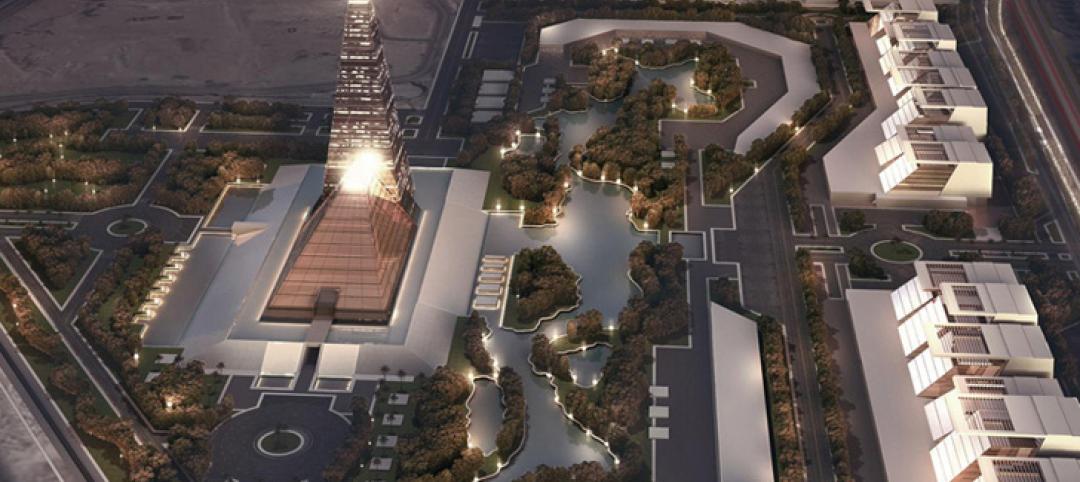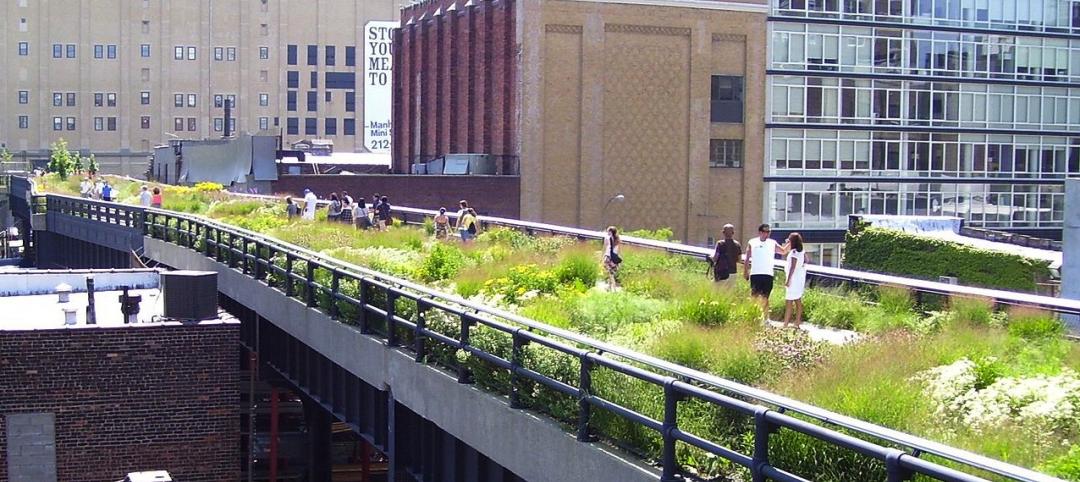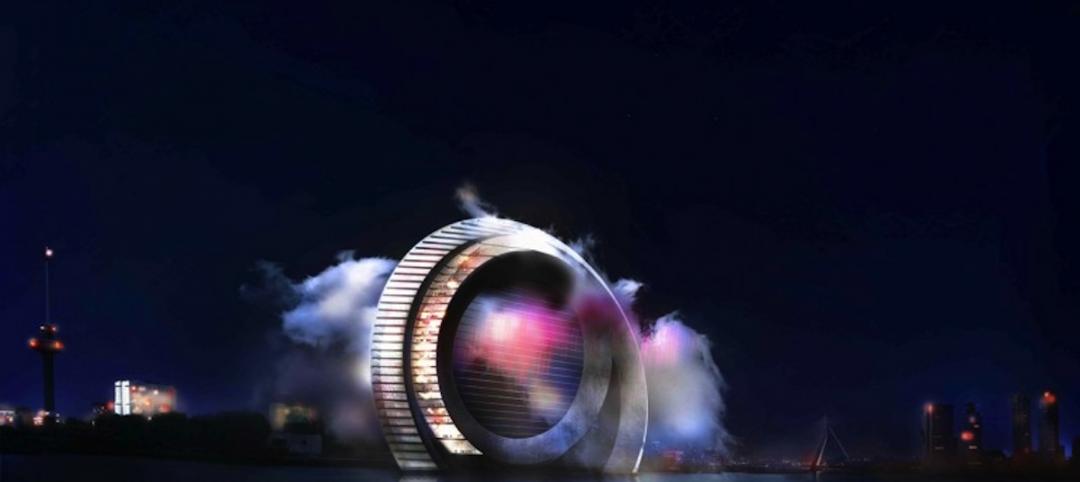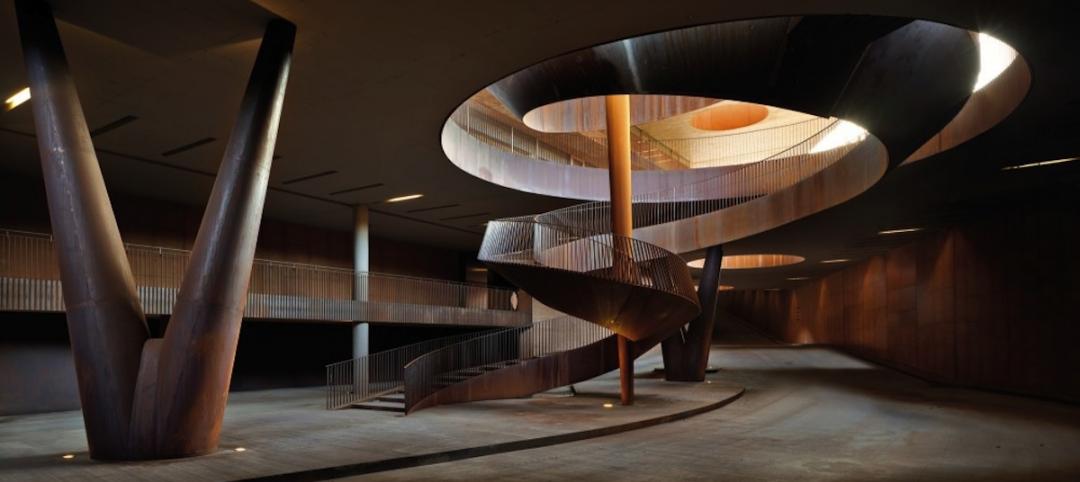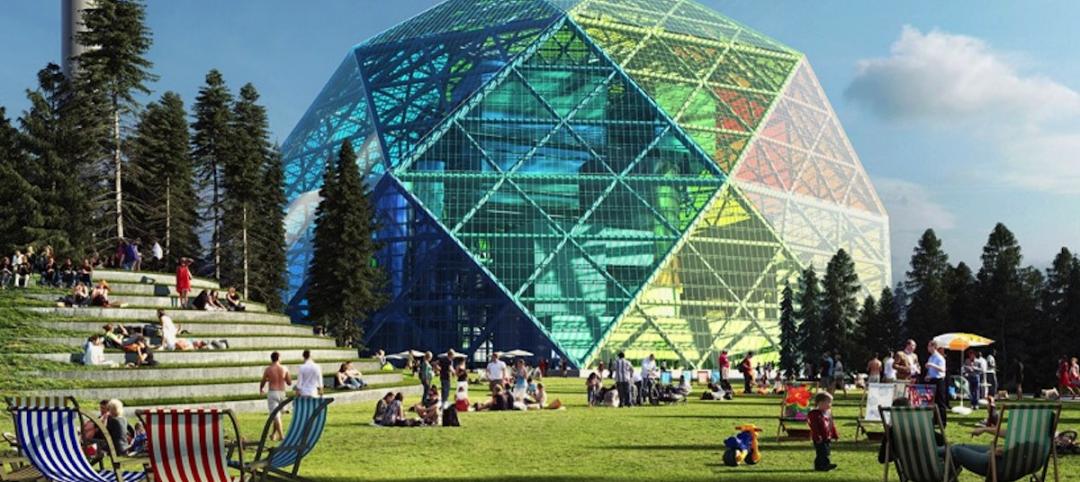On Tuesday, Preservation Chicago published its 2014 list of Chicago's 7 most threatened buildings.
On the list is St. Adalbert Church, designed by Henry J. Schlacks in 1874, with its notable 185-foot-high twin towers.
Also included are the Fisk and Crawford power plants, which, according to Preservation Chicago, "redeveloped and refined the mammoth production of electricity to a growing city and region at a magnitude not seen at that time. The success of these two facilities were copied and replicated around the world. Yet this all began in Chicago."
The Guyon Hotel made the list for the second year in a row.
Here's the full list (descriptions courtesy Preservation Chicago, Cinema Treasures, and Wikipedia):
1. St. Adalbert Catholic Church - Originally constructed for a Polish congregation in the Pilsen neighborhood, St. Adalbert Roman Catholic Church is a Renaissance Revival complex designed by noted church architect Henry J. Schlacks, who worked for a time in the offices of Adler & Sullivan. It’s soaring 185- foot twin towers are the highest structures in the Pilsen neighborhood and easily recognizable.
2. Crawford, Fisk Power Houses - The two enormous Fisk and Crawford electrical-generating coal-fired stations or power plants date from 1903 and 1926 and were originally considered engineering wonders of the modern world. Both plants are by noted architects and both achieved the previously impossible task of employing technology to create the world’s largest electrical generators, based entirely upon the steam engine turbine. These systems redeveloped and refined the mammoth production of electricity to a growing city and region at a magnitude not seen at that time. The success of these two facilities were copied and replicated around the world. Yet this all began in Chicago.
3. Guyon Hotel - Originally part of a large commercial business district on the city’s West Garfield Park neighborhood, the long and steady decline of the community has only further made the rehabilitation of this rare and magnificent Moorish Revival hotel more challenging. Constructed of red and cream brick with deep red terra cotta detailing, the Guyon Hotel’s interior is also in need of restoration. The site has had multiple owners over the years and was finally converted from a residential hotel to single- room-occupancy apartments in the late 1980s. Listed 2012 on Landmarks Illinois’ 10 Most Endangered list and last year on our Chicago 7 list in 2013, the Guyon’s sheer magnitude and scale make the structure a formidable building to renovate and restore.
4. Francis Scott Key Public School - The Francis Scott Key Public School, designed by Dwight Perkins, was among the nearly 50 schools that were closed by the Chicago Public Schools in 2013. Key is one of the schools in a high state of preservation and designed by a noted architect that is now vacant and lacks a new use plan.
5. Madison/Wabash Station House - The Madison/Wabash elevated station house and metal canopies located on Chicago’s historic Loop Elevated is the last original station on the east section of the Loop to retain its original station house. Most of the others were removed or destroyed beginning in the 1950s. It displays marvelous classical detailing, pilasters and ornamental stamped metal. This station house forms a backdrop to the historic Louis Sullivan- designed Schlesinger & Mayer/Carson Pirie Scott building along with the adjacent buildings by D. H. Burnham and Holabird & Roche. It’s also situated atop the Jewelers’ Row Chicago Landmark District.
6. The Jeffrey Theater - The Jeffery Theater, constructed in 1923 in the heart of the South Shore neighborhood’s then-bustling commercial center, E. 71st Street between Euclid Avenue and Jeffery Boulevard, was opened a year later as a vaudeville and movie house for the Cooney Brothers circuit. The Neo-Classical style theater could seat just under 1,800, and was designed by architect William P. Doerr (who also designed the Neo-Georgian style East Park Towers in Hyde Park). It had a tall vertical marquee which rose over the facade of the theater, and could be seen up and down 71st Street. Description source: Cinema Treasures
Related Stories
Retail Centers | Mar 10, 2015
Retrofit projects give dying malls new purpose
Approximately one-third of the country’s 1,200 enclosed malls are dead or dying. The good news is that a sizable portion of that building stock is being repurposed.
Retail Centers | Mar 10, 2015
Orlando's Skyscraper to be world's tallest roller coaster
The Skyscraper is expected to begin construction later this year, and open in 2016. It will stand at 570 feet.
Cultural Facilities | Mar 9, 2015
London council nixes plans to rebuild the Crystal Palace
Plans for the new Crystal Palace Park were scrapped when the city and the project's developer could come to an agreement before the 16-month exclusivity contract expired.
Museums | Mar 5, 2015
A giant, silver loop in Dubai will house the Museum of the Future
The Sheikh of Dubai hopes the $136 million museum will serve as an incubator for ideas and real designs—a global destination for inventors and entrepreneurs.
Reconstruction & Renovation | Mar 5, 2015
Chicago's 7 most endangered properties
Preservation Chicago released its annual list of historic buildings that are at risk of being demolished or falling into decay.
High-rise Construction | Mar 4, 2015
Must see: Egypt planning 656-foot pyramid skyscraper in Cairo
Zayed Crystal Spark Tower will stand 200 meters tall and will be just a short distance from the pyramids of Giza.
Cultural Facilities | Mar 2, 2015
The High Line effect: Placemaking as an economic development engine
As big money and eager tourists flock to Chelsea, cities across the globe are starting to take notice. Chicago, Los Angeles, San Francisco, Seoul, Sydney, Toronto, and Washington, D.C., are among the metros currently planning High Line-inspired park projects.
Industrial Facilities | Feb 27, 2015
Massive windmill will double as mixed-use entertainment tower in Rotterdam
The 571-foot structure will house apartments, a hotel, restaurants, even a roller coaster.
Architects | Feb 27, 2015
5 finalists announced for 2015 Mies van der Rohe Award
Bjarke Ingels' Danish Maritime Museum and the Ravensburg Art Museum by Lederer Ragnarsdóttir Oei are among the five projects vying for the award.
Cultural Facilities | Feb 25, 2015
Bjarke Ingels designs geodesic dome for energy production, community use
A new building in Uppsala, Sweden, will serve as a power plant during the winter and a venue for shows, festivals, and music events during the warm months.


